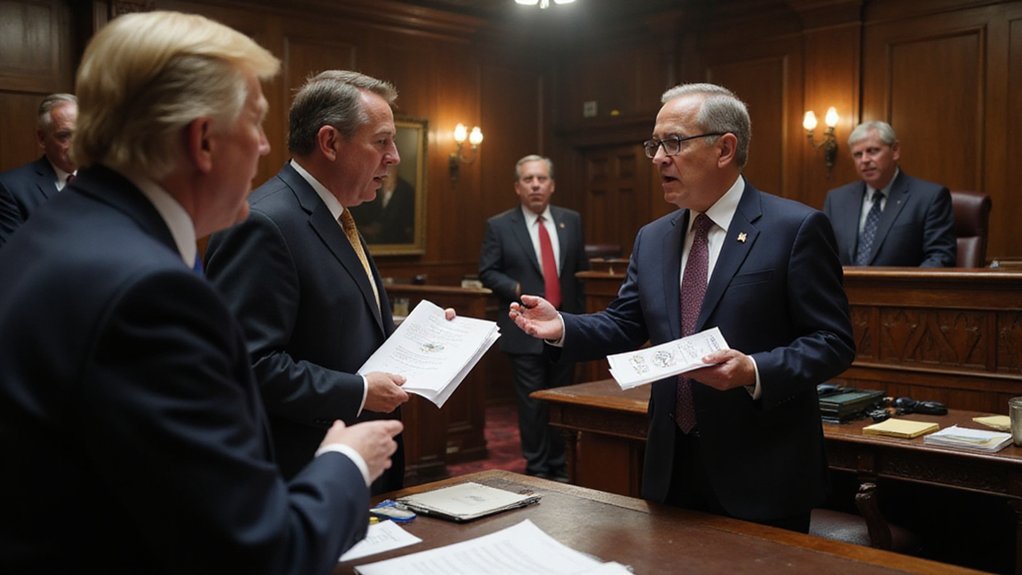The Financial Conduct Authority’s decision to lift its ban on crypto exchange-traded notes for retail investors represents a remarkable about-face from the regulator that once deemed these products too volatile and complex for ordinary British savers.
The same institution that swept crypto ETNs off retail shelves in January 2021—citing concerns over market volatility and product complexity—now appears ready to embrace what it previously condemned as unsuitable for public consumption.
This regulatory pivot coincides with a surge in British crypto ownership, which has leaped from 18% to 24% between 2024 and 2025.
The FCA’s newfound flexibility stems partly from competitive pressures, as similar products flourish in other jurisdictions while the UK watches from the sidelines.
The regulator’s attempt to “rebalance its risk framework” (a euphemism for admitting previous overcautiousness) reflects broader concerns about London’s diminishing relevance in global financial innovation.
Under the proposed framework, retail investors would gain access to crypto ETNs through FCA-approved exchanges, subject to financial promotion rules and enhanced risk disclosures.
The regulator maintains its ban on crypto derivatives—presumably drawing arbitrary lines between acceptable and unacceptable retail speculation.
These safeguards include restrictions on promotional incentives, though one wonders whether sophisticated marketing departments will find such limitations particularly constraining.
The move forms part of the FCA’s broader initiative to reduce regulatory burdens on financial firms while supporting economic growth.
Simplifying reporting requirements and removing unnecessary data collection may indeed benefit most firms, though the regulator’s sudden embrace of “consumer choice and responsibility” represents a fascinating philosophical shift from its traditionally paternalistic approach.
Whether this represents genuine regulatory evolution or mere capitulation to market forces remains unclear.
The FCA’s emphasis on allowing retail participants to “decide whether such investments align with their risk tolerance” suggests a newfound faith in individual judgment—the same judgment it questioned when implementing the original ban. The shift mirrors broader global trends toward regulatory clarity that many experts believe will create more favorable environments for cryptocurrency growth.
The regulator’s monitoring of “market developments and high-risk investments” will presumably continue, though its definition of “high-risk” appears increasingly fluid as competitive pressures mount and crypto adoption accelerates across British households. Professional investors have already gained access to these products through a UK listed market segment since March 2024. The regulatory shift comes as UK crypto ownership now exceeds US levels, demonstrating Britain’s growing appetite for digital assets despite previous regulatory restrictions.









